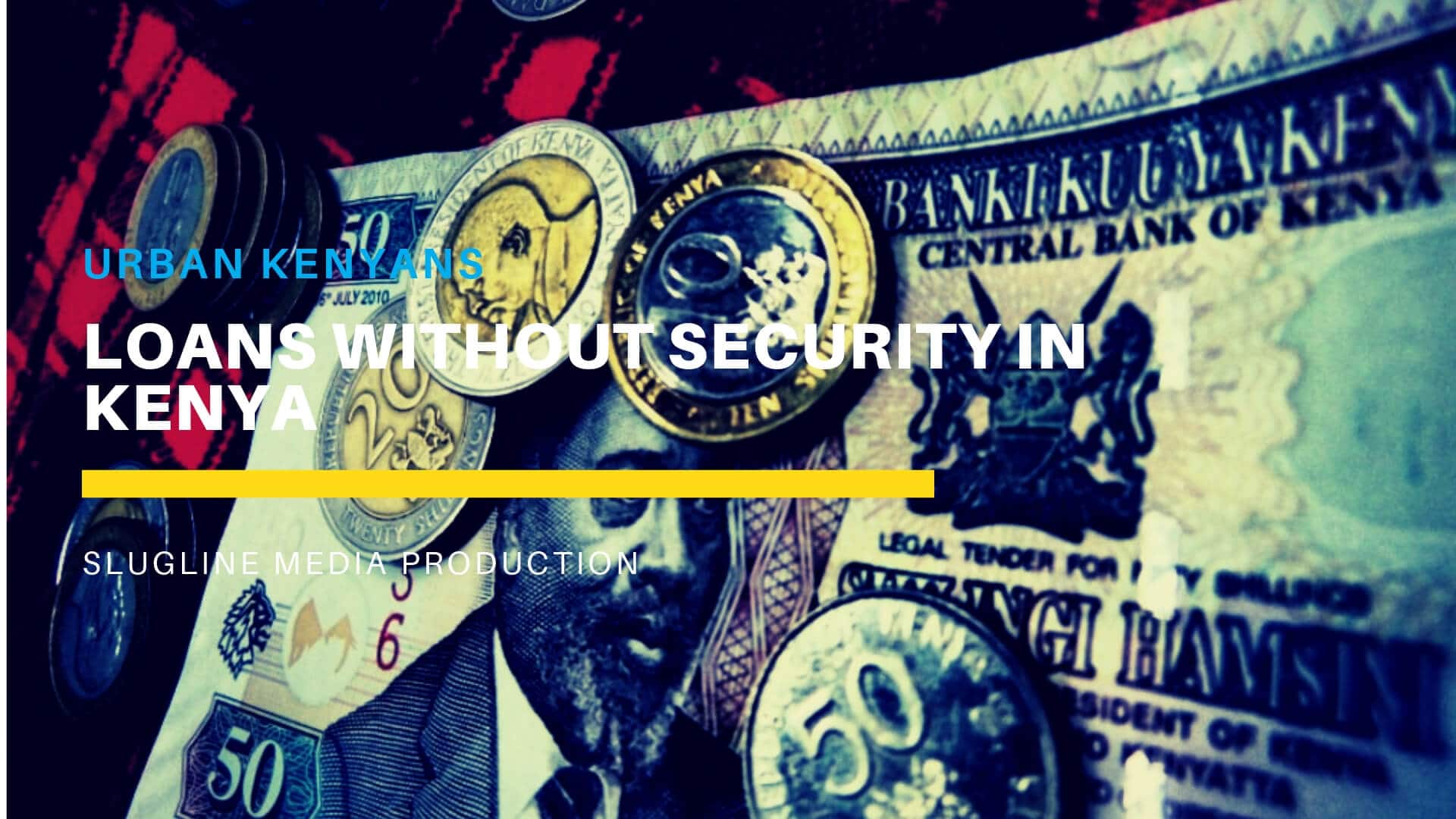Do you remember a time when M-Pesa was not existent? Scammers used to send text messages to individuals telling them that they have won certain amounts of money. The funny thing was that you had never participated in the draws and promotions they were talking about.
Fast forward to today, the advent of M-Pesa and other loan apps has made it easier for online scammers.
While it may seem too obvious for some people, it is saddening that people are still losing money to these scam-burgs. We have heard the agony of friends and relatives who have lost huge sums while all they wanted was a little loan. This compels me to write about these loan scammers in Kenya. Stay put and alert and when something looks suspicious, please keep off.
Loan Scammers
In other words, these are fake money lenders. They are wolves in sheep’s skin. They pretend to be caring for you while they are indeed exploiting you. Luckily, they possess similar characteristics which make it easy to identify them.
If the so-called lenders show these characteristics, cut your communications before they persuade you to send your hard earned money.
- Showing no concern or lacks knowledge about how the loan will be repaid, the collateral and interest rates.
- Be sure to ask the lender if they have a registered pay bill number at a country or national level.
- Legitimate lenders will grant you a loan and in the event, you want to pay fees using the loan, the fees amount will be deducted from the loan such that you get the residual amount. With scammers, they will ask you to send the fees to them so that they can grant you the loan. Note the difference.
- Legitimate lenders have several communication platforms such as emails, websites and phone numbers. However, scammers do not possess any address nor reliable communication line. Take note of how the lender is keeping in touch.
- Scammers are too unprofessional and occasionally, put too much pressure on the borrower to take the offer.
It is unfortunate that scammers know the process too well that they have devised a creative way of scamming people in a way that looks professional. This is what they do. The will tell you to register for a loan by filling the following details and paying a fixed charge for a loan’
- Lipa na Mpesa
- Paybill number (they give you their bank’s pay bill number)
- Enter Account number (they provide their account number)
When you complete this process, the amount of money you entered is deposited in the scammers’ account and from then, you will never hear from them again.
While this may be one way of scamming Kenyans, there are a dozen ways out there that scammers are using to exploit well-meaning citizens.
So what do I do?
If you are in dire need of the loan, be sure to check out the legitimate loan providers we have reviewed in the various article for instant mobile loans. To be on the safe side, assume messages and calls that come from individual numbers rather than corporate numbers. It is important to note that messages from scammers come for ordinary numbers such as (0711222334) while legitimate messages come for SMS codes such as TALA, BRANCH, and KCB-M-PESA.
What if it’s too late?
If you have already sent the money to the scammers, it is important to contact the bank to which your money was deposited and inform them that the account belongs to a scammer. When done you can proceed to record a statement with the police to commence investigation.
Please stay safe and alert. These wolfs are constantly looking for vulnerable Kenyans to exploit. Share widely to save every last one of us.






